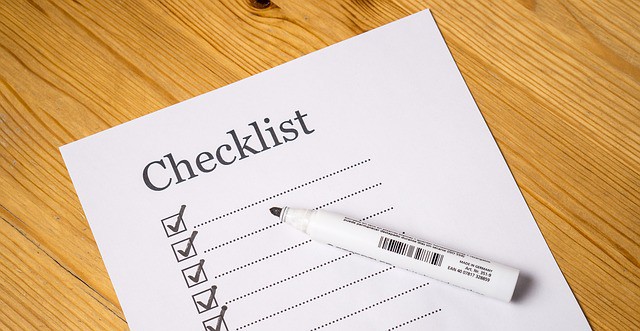It is difficult to admit when we need help. It’s even harder to say, “I have a problem.” Change is terrifying. The good thing is that
How Do I know If I Have a Substance Use Disorder?
The Diagnostic and Statistical Manual of Mental Disorders, Fifth Edition (DSM-5) is the main tool that mental health practitioners utilize to diagnosis whether an individual has a substance use disorder. Some symptoms of a substance use disorder include:
- Engaging in substance use of higher amounts, or over a
longer timespan, than originally intended. - A strong desire to use mind-altering substances coupled with unsuccessful attempts to decrease drug or alcohol intake.
- An extensive amount of time is spent between searching for, using, and healing from the effects of alcohol or drug use.
- An all-encompassing want to use an identified substance, including alcohol. An individual with this mindset does not consider the pros and cons nor the consequences of use. Utilizing the substance is the main thing the individual is focused upon.
- The utilization of alcohol or drugs hinders educational and occupational performance. It affects one’s home life and relationships (family, significant other, or friends). The use increases the chance of incurring legal problems. It can highlight, or increase, underlying psychological or physical difficulties.
- The need for more becomes stronger and withdrawal symptoms happen when the substance is leaving one’s body.
- Drinking and using is no longer “fun.” Instead, it is sought out by an addict or alcoholic to avoid, or stop, withdrawal symptoms.
What Can an Alternative Treatment Center Do for My Addiction?

Why go to rehab, detox, or an alternative treatment center? Addiction is not a discriminatory disease. It affects people of all ages and genders, as well as those of any ethnicity, culture, and religion. It destroys many aspects of our life that we may need assistance to change. Here are a few reasons to consider attending an alternative treatment center:
- Continued drug and alcohol use have an adverse effect on our brains. These alterations can be seen in MRIs and play into how difficult quitting illicit substances and alcohol truly can be.
- Treatment will aid you in changing your not-so-positive behaviors. It will allow you to learn healthy, sober coping skills and techniques to aid in maintaining sobriety.
- Talk therapy encourages you to change your attitude regarding substance use. Often, it is our attitude that keeps us in the vicious cycle of active addiction. Therapy helps us to mend our relationships.
- You may have experienced a relapse. Relapses are not always a part of the recovery cycle. However, they can happen. You may need a refresher course on positive life and coping techniques, or a better understanding of your triggers and how they increase your substance use and mental health symptoms.
- Alternative treatment centers, such as Discovery Place, can hook you up with support groups and a basic understanding of 12-Step programs. Having positive, sober support is essential to your continued sobriety.
There are many reasons to seek treatment for your substance use disorder. Whether you are just starting with your experimentation and are worried that it could lead to addiction, or you are struggling with using or drinking too much or too often, you may need outside help. If you desire to gain new skills for the maintenance of your sobriety, treatment could be of advantage to you.
Help Obtaining Sobriety is Closer Than You Think
Discovery Place in Burns, Tennessee has many programs that are perfect for you and your family. Our trained professionals are available any day, any time to speak with you about your substance use help needs. Don’t wait another day! Our alternative treatment center is just a phone call away at 1-800-725-0922.

